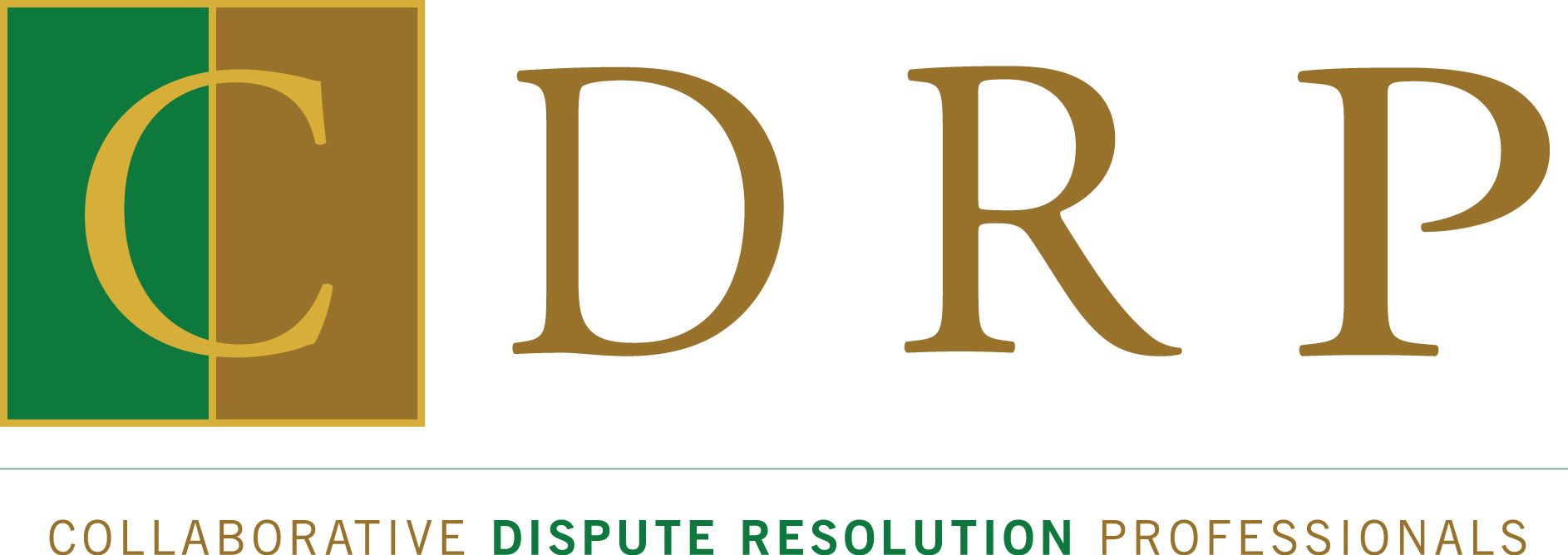What is a Collaborative Law divorce?
Collaborative Law uses a team approach to divorce that is based on the open and voluntary exchange of information and the pursuit of solutions that meet the needs of both parties. The parties and their attorneys work together with the help of specially trained Divorce Coaches and neutral Financial Professionals to provide guidance for the participants throughout the process.
How is a Collaborative Law process different from court?
A Collaborative Law divorce involves a series of meetings in which the parties work together gathering information, identifying goals, and developing and evaluating options for themselves and their family. Unlike Collaborative Law, a divorce in court is like a tug of war in which parties fight for their own needs and wants. In a Collaborative Law divorce, the parties work with their own attorneys and other professionals to assist in finding common ground and solutions.
What is the difference between Collaborative Law and mediation?
While both processes focus on cooperation between the parties and seek solutions to which both parties can agree, a mediator (even a mediator who is an attorney) is not permitted to give legal advice to the parties. In order to obtain legal advice, each party must consult with his or her own attorney outside of the mediation sessions. In a Collaborative Law process, each party has an attorney present at every meeting, and legal information and opinions often are shared. In this way, both parties benefit from the information from the attorneys which may make it easier for them reach a mutually agreeable settlement.
Who is present at each session: Mediation involves one mediator (or sometimes two co-mediators) meeting with the parties together to try to help the couple identify and reach a settlement on all issues between them. Ordinarily other experts or professionals are not included in the mediation sessions. In the collaborative process, the parties benefit from divorce coaches, child specialists, financial or tax neutrals, and other specialists. These professionals provide expertise in their respective disciplines, which assists the parties in making well-informed decisions.
Support at meetings: A skilled mediator can help each party communicate effectively and prevent one spouse from overpowering the other in mediation. However, without an attorney present, often one spouse may feel disadvantaged and ill at ease. In the Collaborative Law process, each party has an attorney at meetings for support and guidance. Parties also can benefit from other professional members of the Collaborative Law team as appropriate so that views are heard, and options are developed to address both party’s concerns.
What are the benefits of a Collaborative Law process?
Collaborative Law allows divorcing couples to control the outcome of their divorce, to focus on the future, and to preserve family relationships as they transition to a new family dynamic. By working together to achieve mutual solutions that meet the needs of the whole family, couples can create settlements that a traditional divorce process is not designed to achieve.
What is a Collaborative Law team?
In addition to Collaborative lawyers, and depending on the needs of the couple, Divorce Coaches can assist with the development of a Parenting Plan and family dynamics, a Child Specialist can focus on the needs of the children, and a Financial Neutral can provide guidance on the financial aspects of divorce.
How much does it cost?
The cost of a Collaborative Law process varies from case to case and will depend upon the complexity of the issues for resolution and the willingness of the parties to work toward a shared solution.
How can I get started?
To get started, simply contact one of our professionals. Any one of our members can help you initiate the Collaborative Law process and can answer questions about whether the process is right for you.


